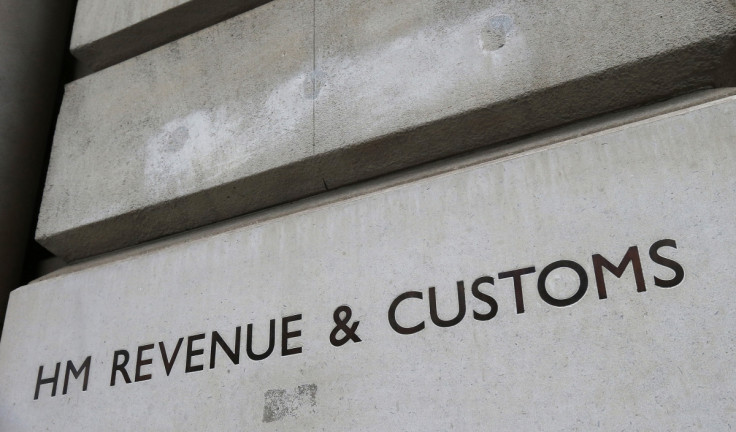UK Tax Avoidance: HMRC Demands Will Hit 33,000 Britons by 2016

Around 33,000 Britons are likely to receive letters from the taxman telling them they owe the government, on average, £155,000 as the HMRC starts cracking down on tax avoidance in line with new powers granted under the Finance Act 2014.
According to law firm Winckworth Sherwood, the first batch of the tax demands have already hit doormats across the country as the HMRC targets individuals it believes have deliberately taken part in tax avoidance schemes.
"This is the most significant of the many clampdowns by HMRC on those taxpayers that have engaged in tax avoidance schemes and practices," said Simon Newsham, a tax partner at Winckworth Sherwood.
"HMRC is looking to recoup £5.1bn (€6.5bn, $8.2bn) over the current tax year and by the end of 2015/16."
"Individuals will be naturally concerned when they receive these demands and it is entirely possible that they will not be able to afford to pay straightaway.
"Their first call should be to the scheme promoter, presuming they are still in existence, who will be able to advise on whether they continue to challenge HMRC's interpretation of the scheme.
"If the promoter accepts HMRC's interpretation, investors should then seek advice from a tax professional before engaging with HMRC."
Winckworth Sherwood estimates tax demands will cost Britons on average £155,000 but in some cases could exceed £1m.
Accelerated Payment Notices are issued where a taxpayer has entered into a tax avoidance arrangement that has been notified to HMRC under the disclosure of tax avoidance scheme rules (DOTAS) or where a counteraction has taken place under the general anti-avoidance rules (GAAR).
Taxpayers who receive an Accelerated Payment Notice will have to pay the tax due to HMRC within 90 days.
A Follower Notice can be issued by HMRC where it believes there has been a final court or tribunal decision in a case that is similar to the tax treatment that has been claimed by the taxpayer.
Where a Follower Notice has been issued, the taxpayer will be required to amend their tax return or claim or withdraw any appeal against an HMRC closure notice, assessment or determination.
*Update*
By January 2015, HMRC will be issuing 2,500 Accelerated Payment notices per month and it is on track to deliver notices to 43,000 tax avoidance scheme users, covering £7.1bn of disputed tax, by the end of March 2016.
HMRC said in a statement that it "has sent notices to tax avoidance scheme users to pay over £250m of disputed tax under the Accelerated Payments regime introduced in this year's Finance Act."
Jennie Granger, Director General of Enforcement and Compliance, HMRC, said: "HMRC is making good progress in tackling marketed avoidance as today's figures illustrate. If anyone is concerned about being able to pay the notice they should contact us as soon as possible to discuss their options."
Advice for Britons Receiving These Requests
• Don't panic.
• Don't ignore it. Don't put it in the bin or file it somewhere hoping it will go away. You have 90 days in which to pay the tax or to make representations to HMRC - the clock is ticking!
• Do pick up the phone to the scheme promoter or tax professional - a chartered tax adviser or specialist tax lawyer. There may be the possibility that HMRC have not followed due process, opening up the possibility of seeking judicial review, or the quantum of tax in question may be significantly overstated.
• Do start collating all the correspondence and communications, including any emails, you received about the tax mitigation arrangements. These will be essential in supporting any negotiations with HMRC and helping to consider any potential claims against others and your rights to compensation.
• Ultimately, early engagement with HMRC is essential, particularly if a taxpayer needs time to pay the disputed tax and/or wishes to make representations. They key point to note is that neither an Accelerated Payment Notice or Follower Notice can be appealed, so a taxpayer needs to act very fast in order to consider the best action to take.
Source: Winckworth Sherwood
© Copyright IBTimes 2025. All rights reserved.






















